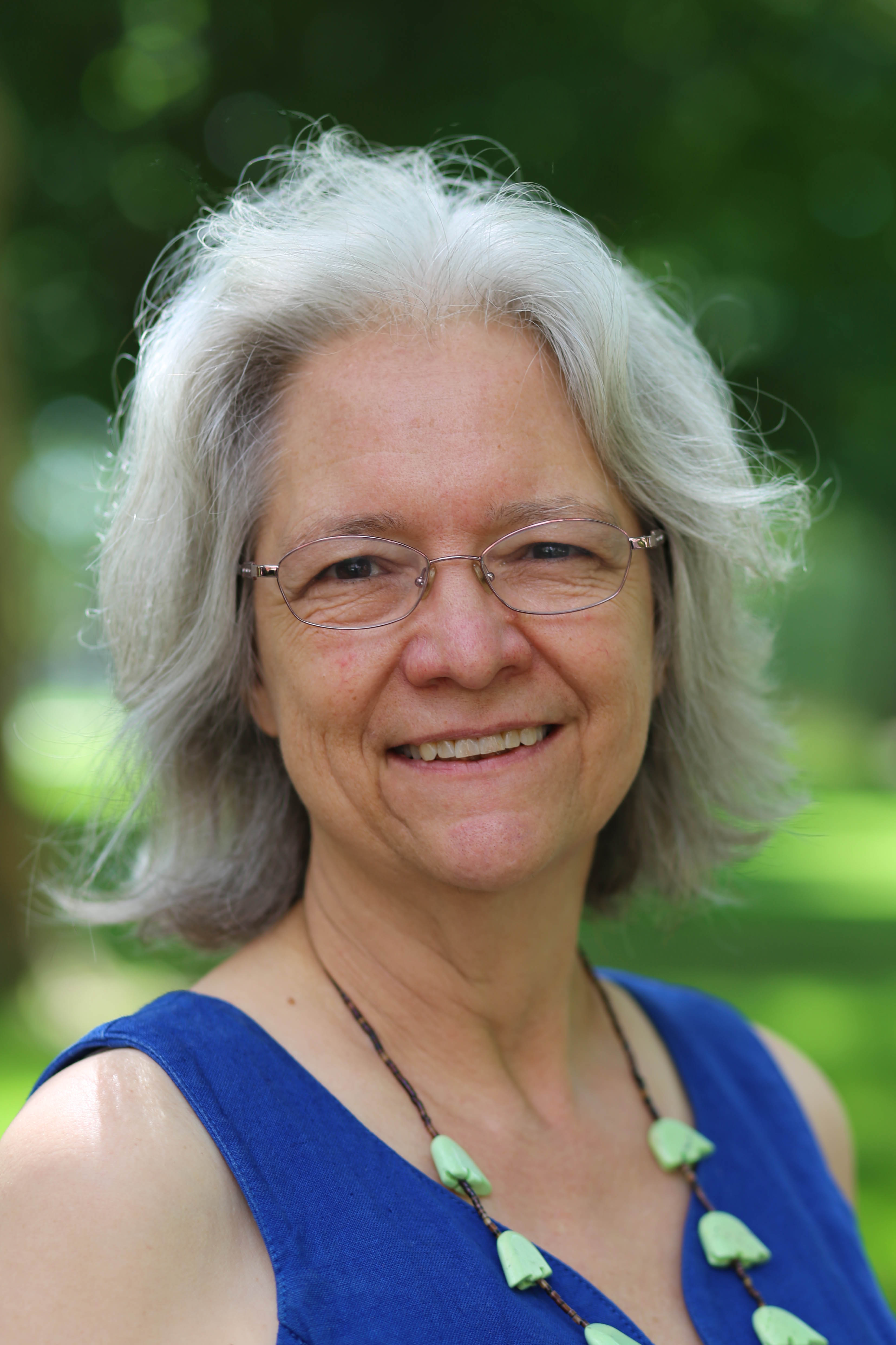A survey of Mennonite cartoonists would not be complete without a tribute to Joel Kauffmann, creator of Pontius’ Puddle. The first cartoonist whose work appeared regularly in Mennonite publications, Kauffmann was a pioneer in introducing humor into religious magazines.
When Kauffmann announced in early 2015 that he would no longer write new cartoons for the series, Pontius’ Puddle had had a more than 30-year run in over 200 periodicals. The cartoons are still available from www.pontius.com, a site run by his son Justin Kauffmann.
Growing up in a Mennonite minister’s family in Hopedale, Illinois, Kauffmann got his start by doodling in church. As one of six siblings, he had a lively family life, but Sunday morning services were serious business. And in his traditional Mennonite family there was no television, no movie attendance, and no dancing (the latter much to Kauffmann’s relief). In an interview for the Church of the Brethren Messenger, he said, “I have this fear sometimes that my lifelong interests stem from things I wasn’t allowed to do as a child.”[1]
After attending Hesston and Goshen Colleges, Kauffmann volunteered at the Mennonite Board of Missions while his draft status in Hopedale was pending. Kauffmann’s volunteer work at MBM turned into twelve years of full-time employment. This experience, his widow Nancy Kauffmann said, literally changed and formed his life. During this period Kauffmann found numerous ways to use his gifts on the “creative edge” to serve the church as his Anabaptist principles deepened and matured.[2]
Kauffmann’s first attempt at creating a cartoon strip for the church during the late 1970s and early 1980s was entitled Sisters and Brothers. It featured such Anabaptist values as stewardship, simplicity, and peace, which also inform Pontius’ Puddle, but Kauffmann grew increasingly frustrated with the narrow range of a Mennonite-only audience. Although he abandoned the cartoon after three years, he reused the name for a film company he started with several others. Collaboration was the hallmark of many of his ventures.
When Kauffmann began to experiment with non-human characters, he stumbled upon the frog and the puddle as fertile symbols for earth-bound humans and the small worlds they tend to populate and protect. He felt that the frog and the puddle gave him greater possibilities for crossing sectarian boundaries and relating his favorite themes to an ecumenical audience. Humor, Kauffman believed, helped people to cross boundaries and lower tensions over serious issues. As a twenty-something, I was delighted to discover Kauffmann’s cartoons in the Mennonite publications in my parents’ home. I took them as a sign of growth and inclusiveness in the denomination, and appreciated them as a non-threatening way to spread its critique of the dominant culture.
In addition to his work as a cartoonist, Kauffmann served as a screenwriter for several award-winning films, including The Radicals and Miracle in Lane 2, a Disney Channel movie. He also wrote much of the material at Mennohof, the experiential museum in Shipshewana, Indiana, that focuses on Mennonite history and beliefs for a tourist audience. Wherever words and images came together in Mennonite culture and communication media, Kauffmann was always near at hand. More recently, Kauffmann worked with Nazareth Village, and was deeply involved with the Museum of the Bible project when he died suddenly on May 8, 2016.
Clearly, as this issue demonstrates, he was onto something.
__________________________
[1] Don Fitzkee, “Joel Kauffmann and his Talking Frog.” Messenger, January 1988, 10-13.
[2] Nancy Kauffmann. Personal Interview. July 19, 2016.



